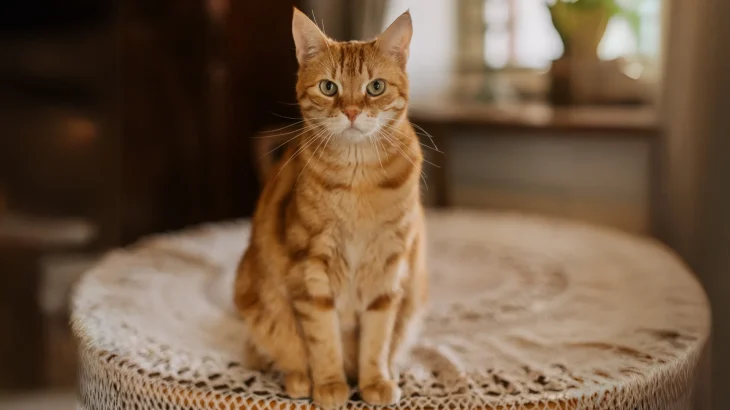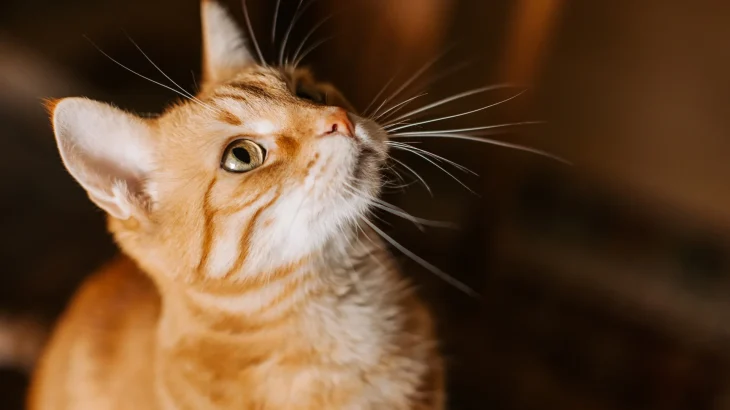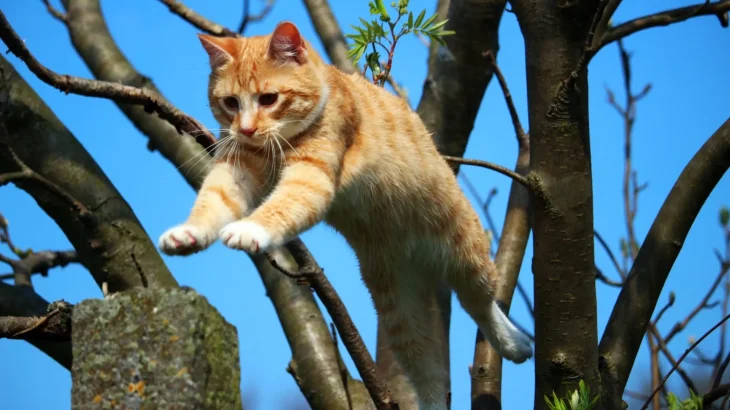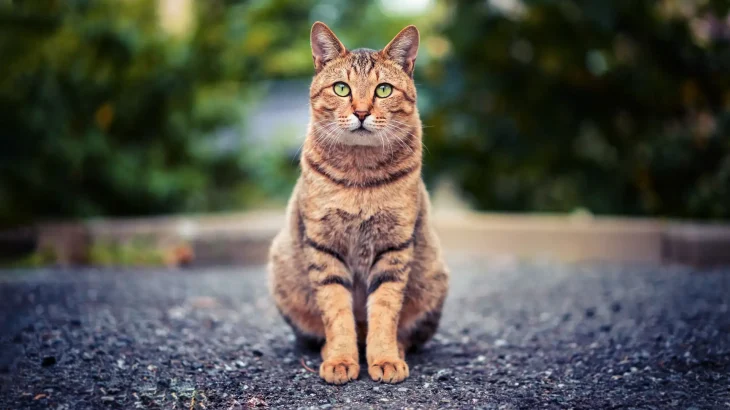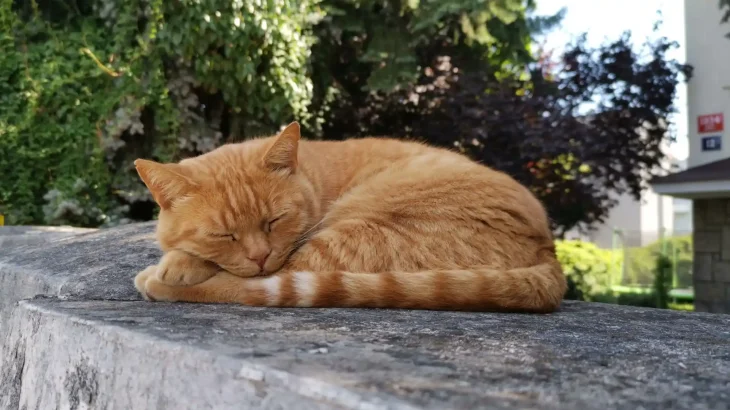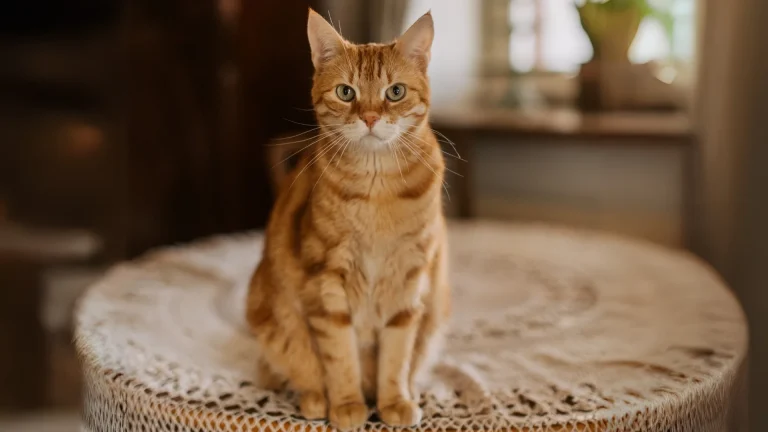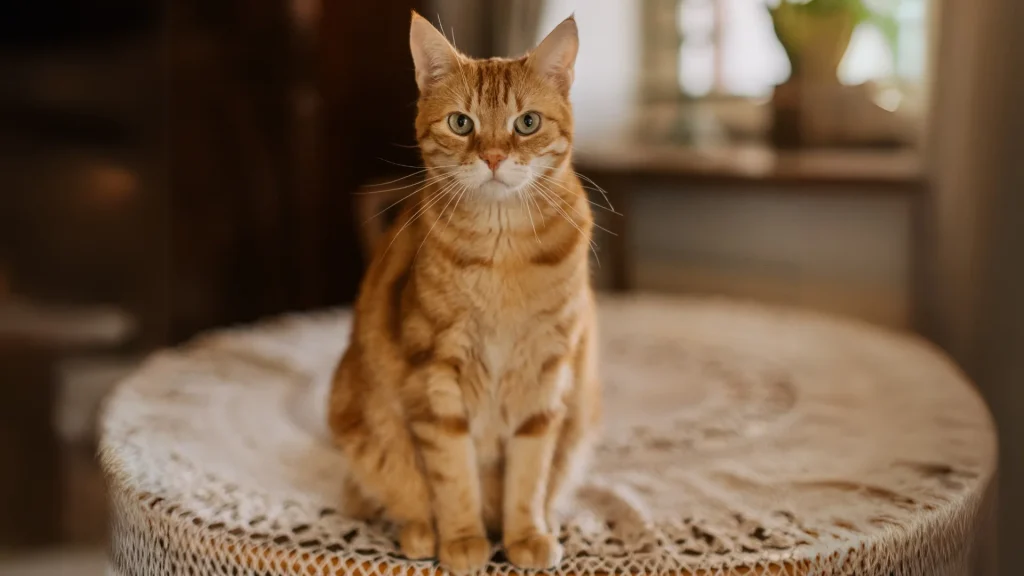Choosing between adopting or purchasing an Arabian Mau kitten involves weighing factors like cost, health assurance, and ethical considerations. While buying from a breeder may offer clearer breed purity and health history, adoption gives a chance to provide a loving home to a cat in need. Both paths bring unique benefits and considerations specific to the Arabian Mau.
Adoption vs. Breeder: Pros & Cons
| Criteria | Buying from Breeder | Adopting from Shelter/Rescue |
|---|---|---|
| Cost | Usually higher, reflecting breed purity and breeder care. | Lower fees, making it more budget-friendly. |
| Health History | Comprehensive health records and screenings often provided. | May have limited or unknown health history but basic checks done. |
| Age Availability | Typically kittens, allowing early socialization and bonding. | Variety of ages, including adults, offering more options. |
| Temperament Insight | Breeder can provide lineage and temperament details. | Shelter staff may share behavior observations, but full background might be unclear. |
| Supporting Practices | Supports breed preservation through ethical breeding. | Promotes animal welfare by rescuing cats in need. |
| Breed Purity & Pedigree | Assured pedigree and purebred status. | Breed purity often unknown or mixed; focus on individual cat's needs. |

